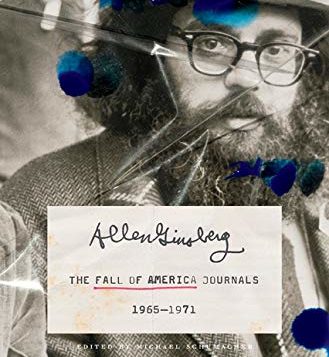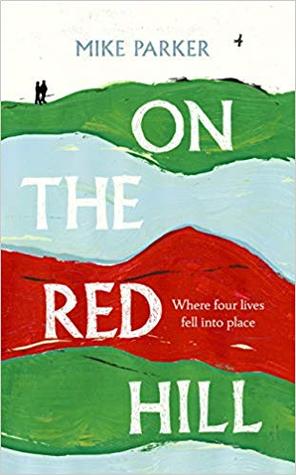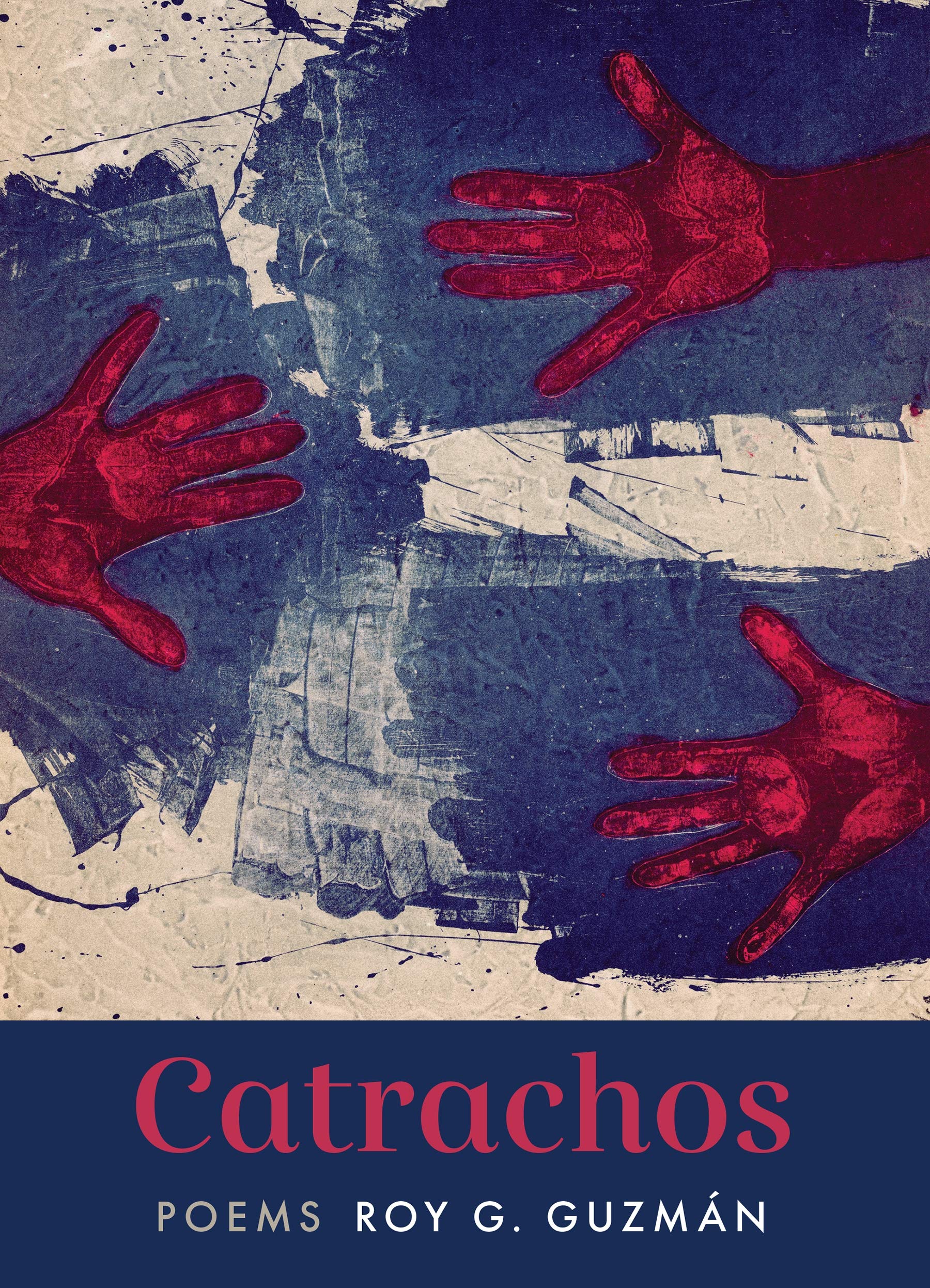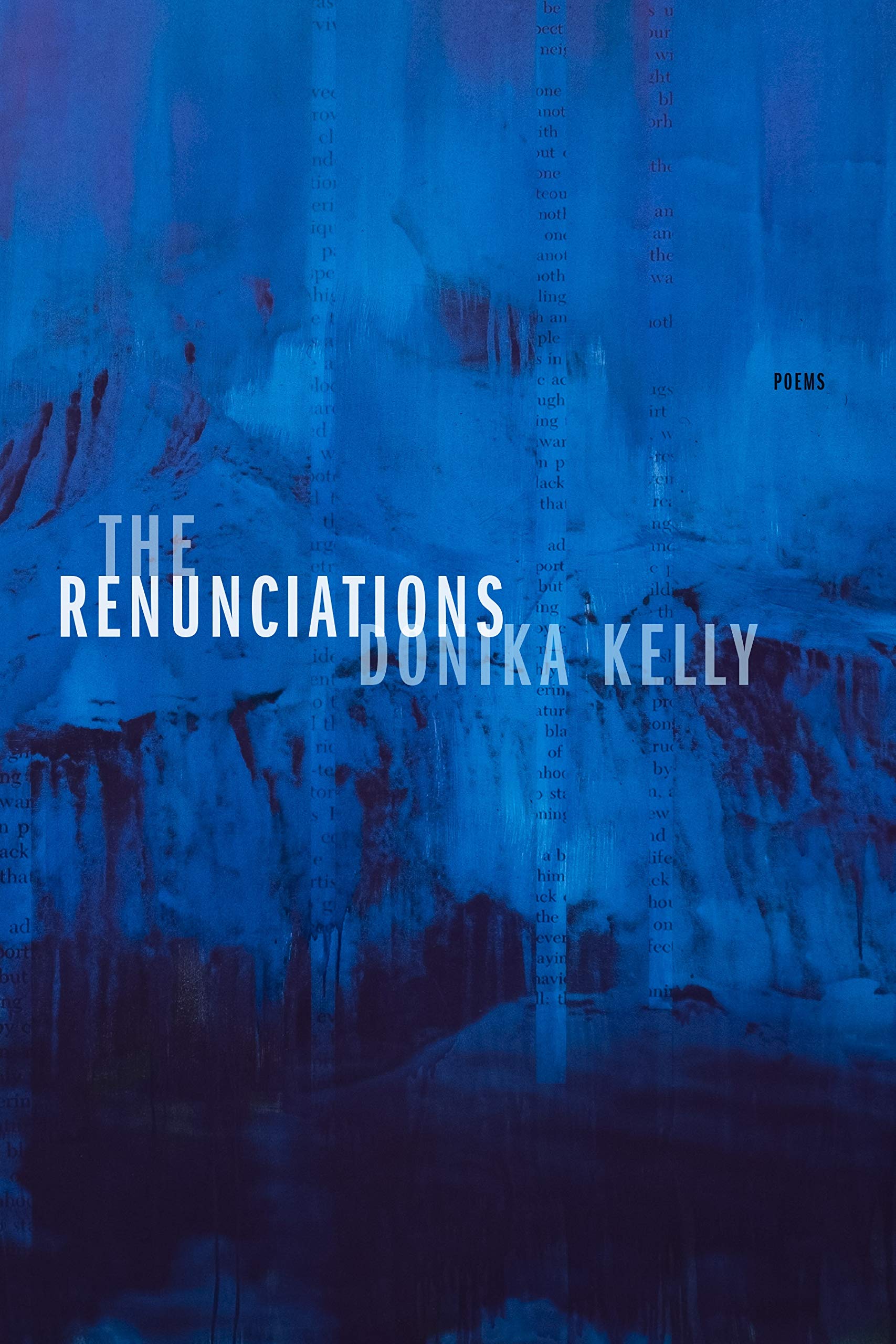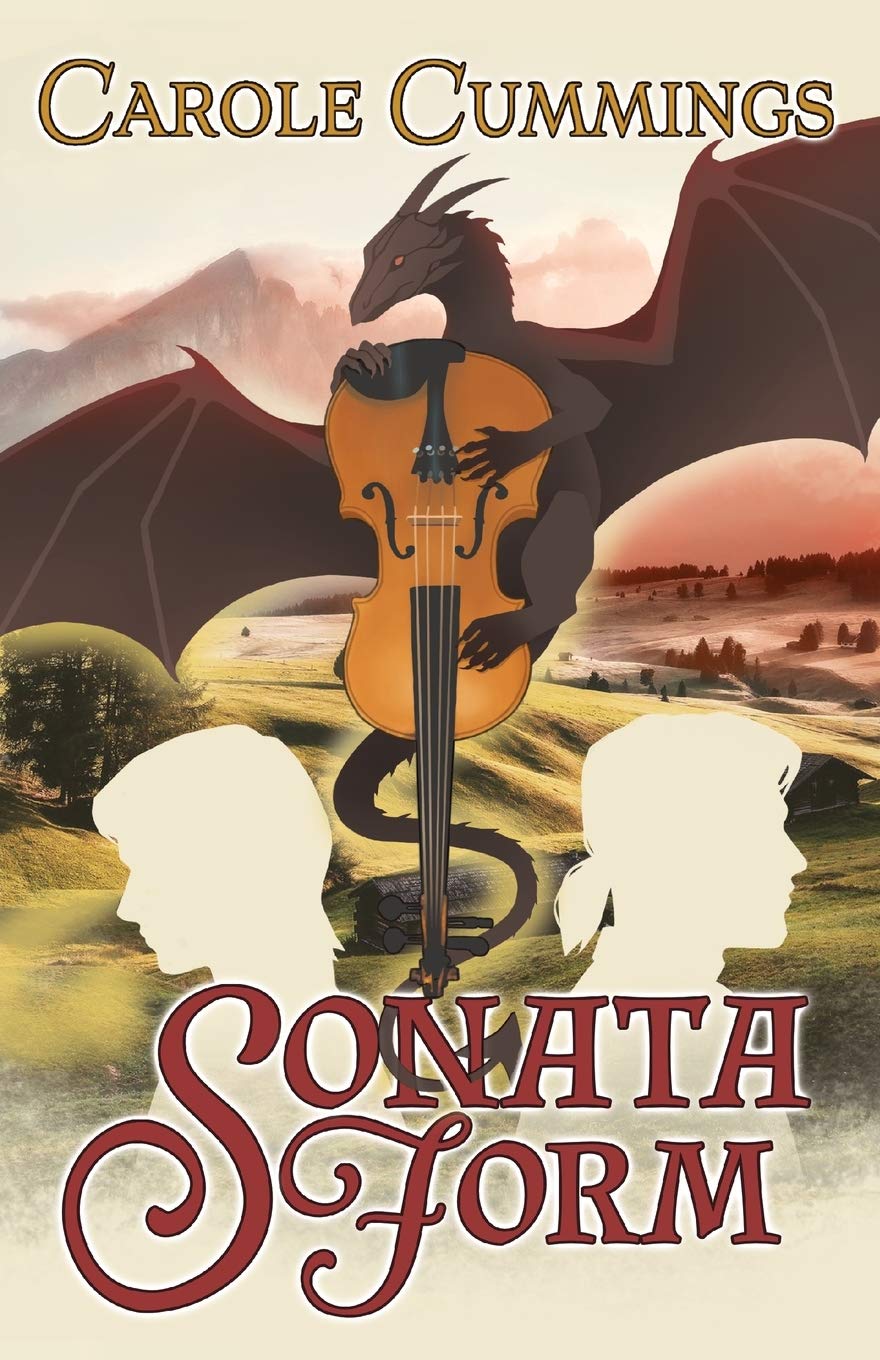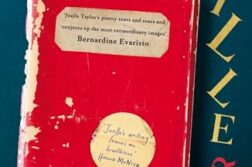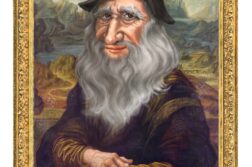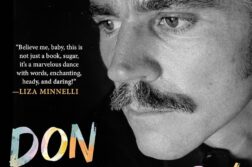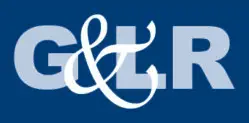 THE FALL OF AMERICA JOURNALS
THE FALL OF AMERICA JOURNALS
1965-1971
by Allen Ginsberg
Edited by Michael Schumacher
U. of Minnesota Press. 400 pages, $34.95
Allen Ginsberg’s collection Fall of America came out in 1974 and won the National Book Award for poetry. The current volume is in effect both a draft and an annotated concordance to Fall of America. Ginsberg’s journals are sometimes quite detailed and sometimes just sketch notes. Some published poems appear in the Journals in different forms, making it a valuable resource for Ginsberg scholars and fans. In addition to providing some fresh angles on the poet’s life (e.g., his strange meeting with Ezra Pound), included here are some colorful, sexually explicit sequences, some of which apparently represent the poet’s actual experiences, while others are dream sequences, and still others provocations, such as this extract from what became the poem “Chances ‘R’”: “Truth breaks through!/ How big is the prick of the president?/ How big is Cardinal Spellman?/ How little J. Edgar Hoover’s, unmarried all these Years.”
The presence of dream sequences provides a fascinating look at the things that were on Ginsberg’s mind under a wide variety of conditions. Some dreams relate to current events, but others seem quite random. When reading these journals, one needs to pay close attention to the introductory line for each item, which signals whether the entry refers to a dream or an actual event. Otherwise, distinguishing between Ginsberg’s dreams and his daily life is problematical, as his daily life was unusually colorful, and he described it in the same kind of rolling cadences of thought that he used for the dreams.
Alan Contreras
“Rhiw Goch,” Welch for “the Red Hill,” plays a central role in this engaging memoir of two gay couples, separated by generations, who find pleasure and comfort in small-town Wales. The book was published in March 2020 to wide acclaim. Mike Parker, a travel writer from London, weary of city life, relocates to Wales in the 1980s. There he finds his life partner, Peredur, living in a sparsely settled part of the countryside. Over time, they bond with an older gay couple, Reg and George, to form a chosen family.
Years earlier, Reg and George had found their way to a small Welsh market town and bought a rundown house. Improving it over the years with local stone, Reg and George turned the house into a restored B&B, hosting straight and gay visitors from the 1970s on. Going against the city-dwelling fashion of the day, they chose rural Wales to settle down and stake their claim as a gay couple, becoming two of what the Welsh called “yr hen lanc,” literally “the old lad” or “confirmed bachelor.” Many years later, Mike and Peredur followed suit, becoming close friends with the older couple. After sixty-plus years together, Reg and George legalized their bond in 2005.
Parker provides rich, evocative details of the Welsh landscape, the seasons, the people, the animals, and in particular the lives of these four men who eventually found a place in the community. There they lived engaging lives as couples, far removed from any gay mecca. The house, “Rhiw Goch,” rebuilt and handed down from one couple to the next, offers a tranquil place that each couple, in turn, has called home.
Joe Ryan
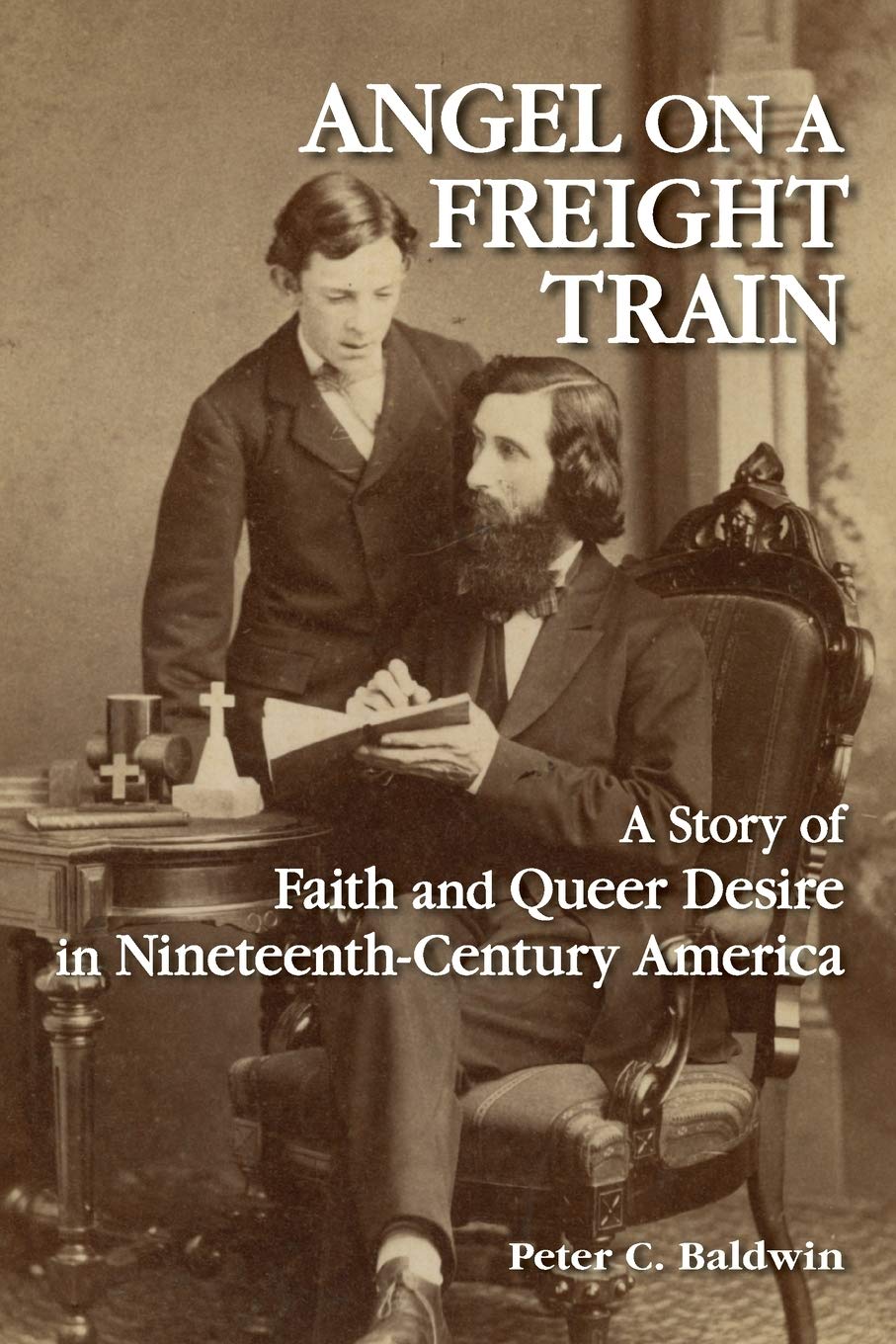 ANGEL ON A FREIGHT TRAIN
ANGEL ON A FREIGHT TRAIN
A Story of Faith and Queer Desire in Nineteenth-Century America
by Peter C. Baldwin
SUNY Press. 188 pages, $95.
This readable academic study analyzes a record of erotic behavior from an era in which people seldom wrote about sexual activities. Samuel Edward Warren (1831–1901) grew up in the antebellum Northeast, when Puritanism was losing its grip on American culture. Evangelical religion and Romanticism celebrated intense feelings, and physically affectionate friendships between young men were common. Warren absorbed these influences in a way that combined his religious upbringing with an attraction to younger boys. At fourteen, he formed an obsessive friendship with an eleven-year-old boy that blended emotional, spiritual, and erotic elements. When opportunity allowed them to share a bed, they kissed and “frolicked,” expressing their Christian love.
Similar interactions with younger men continued after Warren became a college professor in his mid-twenties. Eventually, while in bed with a fifteen-year-old boy, he realized the time had come to control his sensual impulses. He continued to cultivate mentoring relationships with younger men but strove to act as a loving father rather than romantic friend. In his forties, he lost his teaching position—and access to young men. After years of living in solitude, he married his housekeeper, nineteen years his junior.
We know the story of Edward Warren because he kept a journal from age fifteen to 31. Four of eight volumes and two subsequent diaries of “thoughts” survive, comprising 850 pages. Peter Baldwin has scrupulously studied these texts, his task made difficult by the fact that Warren later edited the journals, removing some material. Consequently, we cannot know if Warren’s relationships with boys and young men involved sexual acts.
Daniel A. Burr
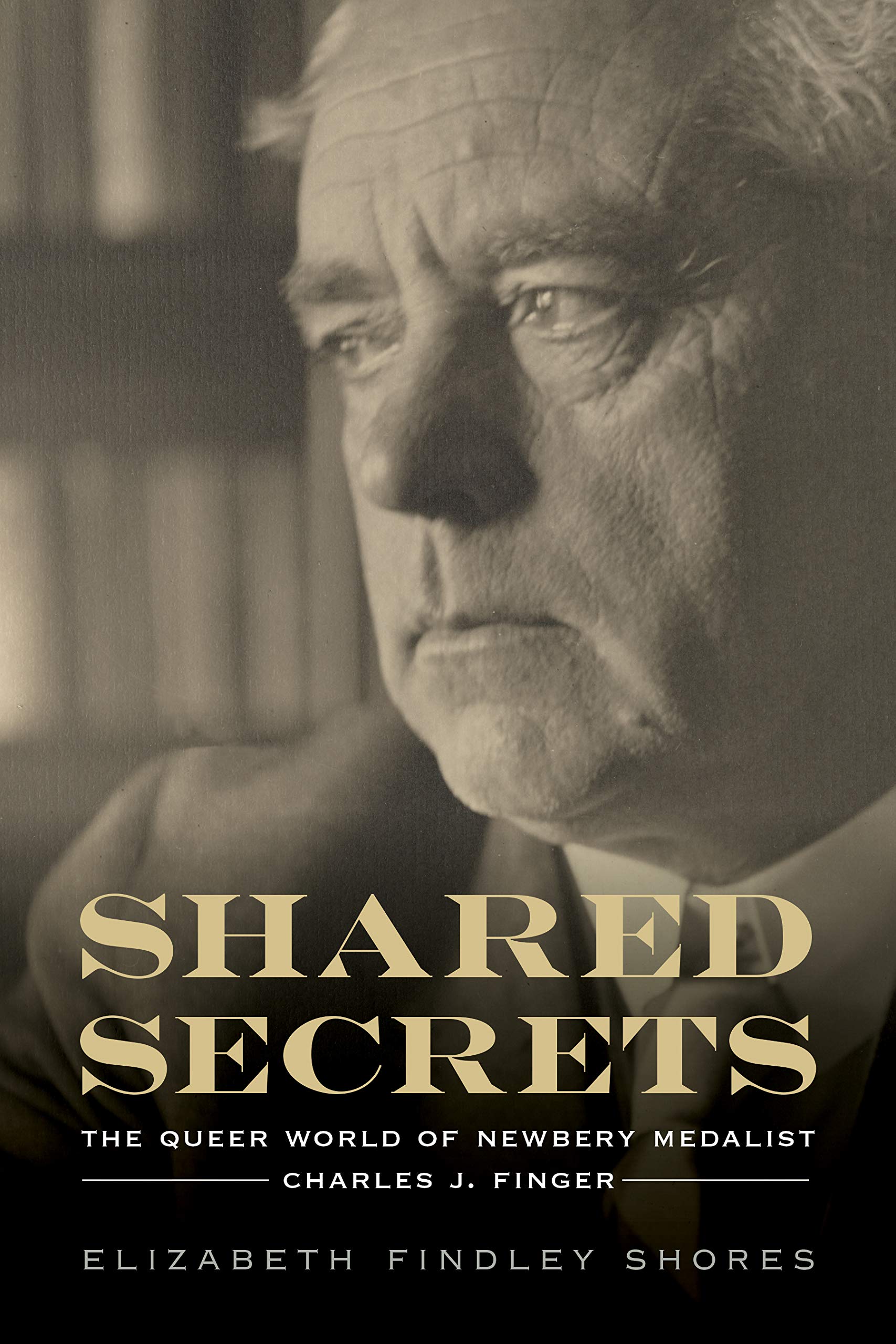 SHARED SECRETS
SHARED SECRETS
The Queer World of Newbery Medalist Charles J. Finger
by Elizabeth Findley Shores
Univ. of Arkansas Press. 260 pages, $39.95
Charles J. Finger (1867–1941) was born in England and had a gift for facile writing, turning out volumes of articles, book reviews, novels (around fifty), biographies, and a memoir of sorts titled Seven Horizons (1930). The Newbery Award for children’s literature, given by the American Library Association, was only four years old when Finger won it in 1924 for Tales from Silver Lands, a collection of stories set in Central and South America. As a young man in search of adventure, he worked as a sailor on a ship bound for Patagonia, and later worked his way around the U.S. He was very familiar with the books of many authors who were rumored to be gay or homosocially oriented, two of whom were reflected in his favorite penname, Jack Random, an homage to Jack London and Roderick Random (the title character of Tobias Smollett’s 1748 novel).
Finger did marry and went on to have five children, but “hated the dull, dreary round” presented by family life. He was desperate to travel without his wife and angry that none of his children were willing to provide for her. Home was a lodge named Gayeta in Fayetteville, Arkansas, which Finger fashioned as a writers’ retreat. It was the site for almost ten years for the publication of All’s Well, a monthly “little magazine” that he founded in 1930. Obviously hiding in plain sight, his writings reflected all the argot and double entendres known at the time.
Historian Elizabeth Shores has consulted a great many primary sources, though some of the quoted material verges on the trivial. The chapter notes and references, which consume about half of the book, attest to the breadth and depth of historical materials available on homosocial literature.
Martha E. Stone
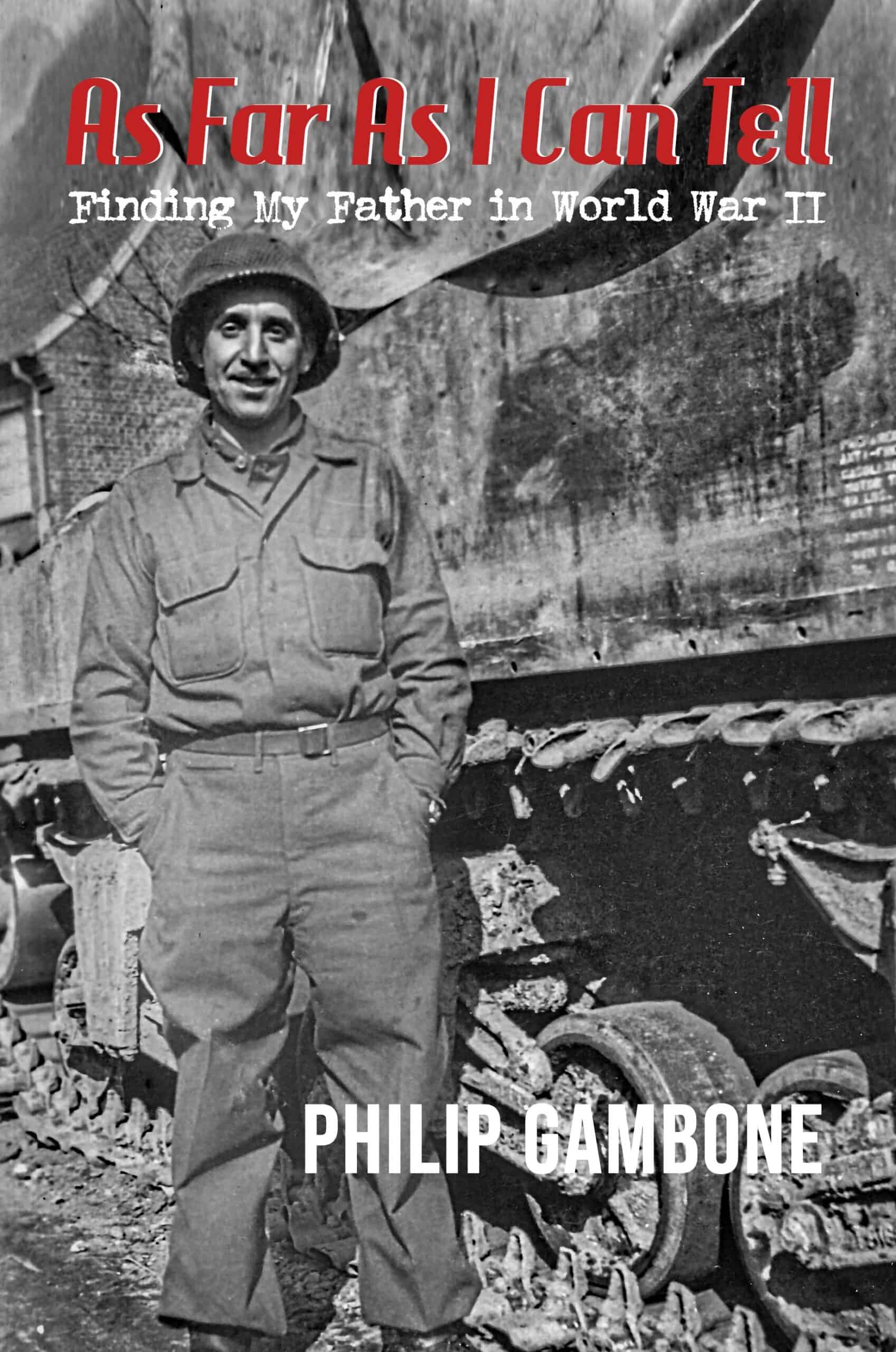 AS FAR AS I CAN TELL
AS FAR AS I CAN TELL
Finding My Father in World War II
by Philip Gambone
Rattling Good Yarns Press.
474 pages, $28.95
In As Far as I Can Tell, author Philip Gambone describes his travels across Europe in search of answers to fill in the gaps left by his extremely taciturn father, a World War II veteran who, like many of his fellow soldiers, never discussed his wartime experiences after he returned home. The fact that the younger Gambone was designated 4-F for being gay during the Vietnam War—an experience he was just as reluctant to discuss with his family—serves as a thought-provoking coun-ter-narrative to the main one about his father’s military service.
As if his father’s unwillingness to talk about the war didn’t make his research challenging enough, Gambone’s dad left virtually no archival material to draw from. This inauspicious beginning prompted him to track down and interview the few surviving veterans who served in his father’s division, and to visit the site of every battle in which his father fought as a tank gunner. For someone who was never in the military, Gambone knows his military history. His synthesis of a broad range of primary source materials—biographies, letters, oral histories, newspaper articles, war novels, and his own field observations—is enhanced by his personal reflections on war, family life, European civilization, and sexuality. (Full disclosure: Gambone and this writer are acquaintances, and both are writers for this magazine.)
Jim Farley
Finding one’s voice as a gay man is never easy, but it’s particularly unsettling when you grow up, as Roy Guzmán did, as both a Catholic and a Honduran immigrant. In his poetry, he speaks frankly about his experiences of racism, poverty, and being an outsider. The book’s title, Catrachos, takes a word used as a racial slur and flaunts it, transforming it into a proclamation of his identity. In the title poem, he takes “maricón” (“faggot”) and uses it to introduce himself as a narrator. Guzmán’s dualistic experience renders him an outsider to both his adoptive white culture and his native culture, on top of being gay, so that he has had to cope with his being “other” twice over. He can take the disparity between North and South, between a “marero” and a gang member, and weave them into a poem that ends with “our groins/ praise all that’s been banished. … On his thighs, yucca petals. In his shade,/ a communion of spare sweat./ If I licked the word SUR on his neck.”
Thirteen tightly wrought poems titled “Queerodactyl” reveal Guzmán’s unique take on his life as a gay man. The poem “Self-Portrait According to George W. Bush” borrows text from Bush’s address on tightening immigration. Guzmán uses the text to deflate the perverse stereotypes in the speech and to counter them with the reality of those Hondurans who worked hard to maintain a family despite horrific challenges.
Bruce Spang
Donika Kelly is an award-winning queer poet whose work has appeared in such highly regarded publications as Tin House and The Rumpus. Her new collection, The Renunciations, refuses to sugarcoat the past, grapples with living in the present, and offers hope for the future. These poems fearlessly examine trauma and its aftermath while resisting self-pity and offering a landscape of history and myth. The relevance of this collection in today’s climate is undeniable, as it raises the voice of a survivor and refuses to succumb to the apology of the abuser. It rediscovers the truth of Joan Didion’s dictum that “we tell ourselves stories in order to live.” Kelly reminds us of the power of creation as a mode of escape, understanding, and salvation. The poems weave myth into history but do not abandon historical truth. The characters are cast as elements, temporary features of the landscape, as in “Bedtime Story for the Bruised Hearted,” in which the speaker becomes “a river/ against you, drawn to current and eddy,/ ready to make, and to be unmade.” The collection makes and unmakes the self. The past comes in and out of focus as the narrative volleys between different points in time.
Jozie Konczal
What distinguishes Sonata Form from the myriad of other fantasy novels is that Carole Cummings manages to create a believable new world and populate it with living, breathing characters whose experience mirrors our own experience, say, over the past five years: a determined assault on our democracy and on the LGBT community. The novel is a quest for freedom by mages (magicians) Milo Priddy and Ellis Morgan dy Rees, a constable of Wellech. Cummings excels in the creation of inviting and intriguing scenes using rich, descriptive language to describe characters who show you a world that can be beautiful and evil at once.
In her own unique style, Cummings heads each chapter with a musical term, adroitly setting the tone for that part of the book. This is a fantasy romance involving people who seem on the surface to be accepted on Kimbrygh Isle. But things begin to unravel for those “others” who are
dragonkin, mages, witches, sorcerers, dreamers, and LGBT people when inhabitants of neighboring isles start killing these outsiders. Even the nationally protected dragons begin disappearing. Milo and Ellis, friends from early childhood, fall in love, something that brings its own set of complications. Their quest becomes an internal tug-of-hearts as they struggle together—and apart—to fight the evil threatening their home. Cummings’ story resonates with the ebb and flow of a symphonic opera, building to an incredible finale. I found the book hard to put down.
Dennis J. Hall

